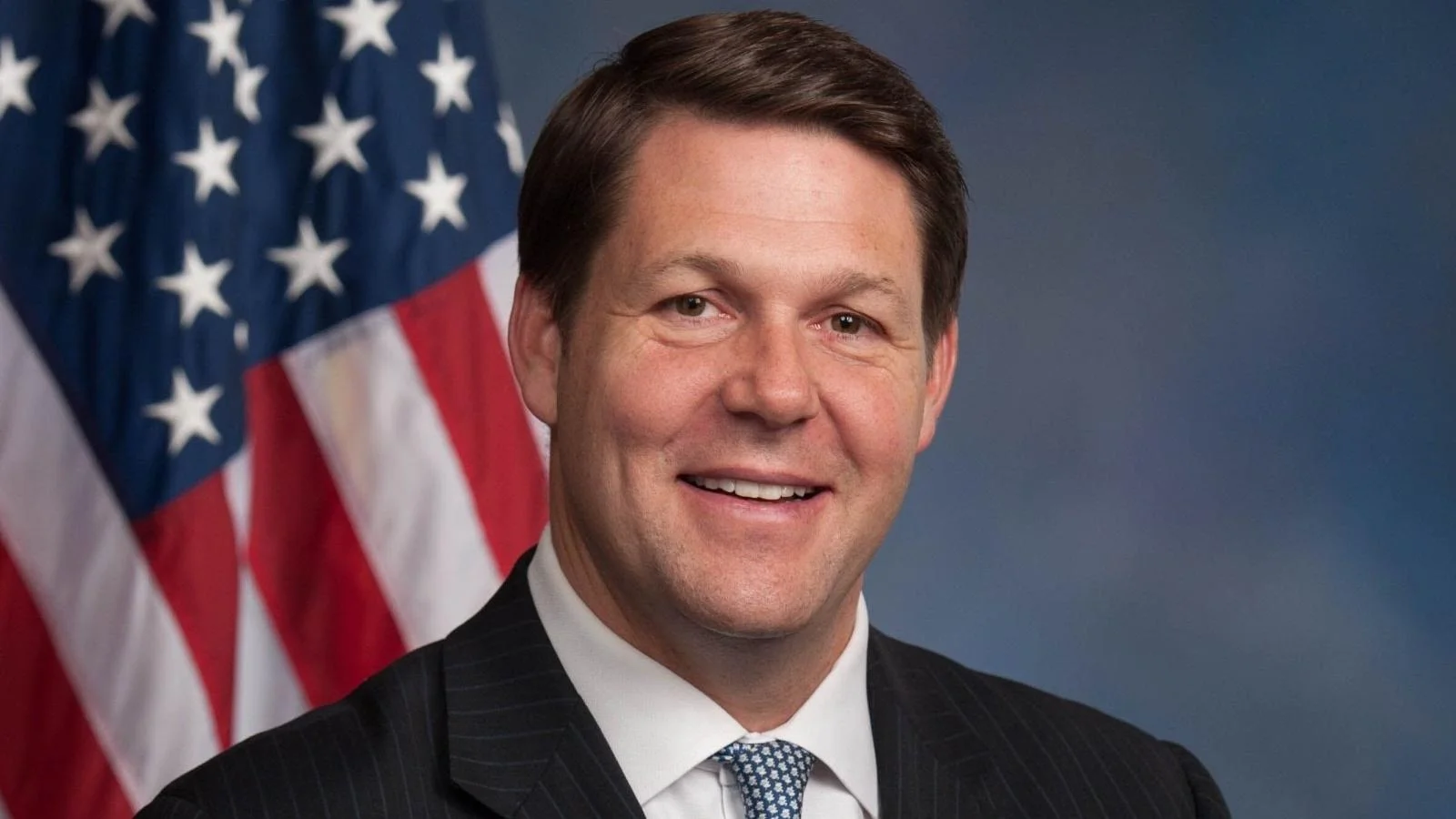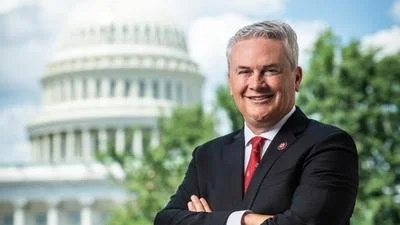On Tuesday, the House Budget Committee held an oversight hearing focused on the Congressional Budget Office (CBO). The hearing examined CBO’s modeling practices, transparency, accuracy in budget scoring, and its readiness amid concerns about the nation’s fiscal outlook. Lawmakers questioned CBO Director Phillip Swagel on issues such as independent audits, health care cost estimates, and updating budget baselines more frequently.
During the session, Chairman Jodey Arrington (R-Texas) discussed the effects of a Republican reconciliation bill on health insurance premiums. He asked Director Swagel to confirm whether the CBO found that their legislation would reduce premiums due to efforts to eliminate waste, fraud, and abuse in health care. Director Swagel responded: “We wrote a letter to you and Chairman Guthrie, that included that information. That is right, that the legislation in our analysis will bring down premiums. Theres a variety of reasons, puts and takes, but the net is that will lower premiums.”
Representative Blake Moore (R-Utah), Chair of the Health Care Task Force, highlighted the need for more frequent updates to CBO’s baseline projections of federal spending and revenues. He noted current law only requires an annual update before February 15 each year and pointed out that Congress often lacks updated information during key legislative periods at year-end. Moore said he had introduced legislation requiring at least two baseline updates annually. He asked about both the value of regular updates for Congress and any challenges involved.
Director Swagel replied: “So on the value, it would make members in the public better informed about what’s happening with the budget. We had an earlier question about executive actions, with a budget update we could build those things into the baseline right away, and you would be able to see it. To me that is the value, better, sooner information.” He also explained that workload from reconciliation bills had prevented additional updates in recent years but indicated there may be efficiencies if updates were done more regularly.
Representative Chip Roy (R-Texas) questioned Director Swagel about temporary subsidies under Obamacare (Affordable Care Act) and their potential impact on taxpayers versus insurance companies. Roy pressed whether these subsidies would affect government spending or primarily benefit insurers.
Director Swagel answered: “I understand the question. We haven't done that exact analysis, but it'll have those effects because people will, you know, lose coverage, will have less subsidies. The tax credit, the mechanism is that the money goes directly to the insurance company and so that'll have an effect on the insurance company.” When asked about growth in federal health care spending since 2010—including Medicare, Medicaid, ACA programs—Swagel confirmed: “No, that's right. It's something that we're thinking a lot about is what more information we can provide you on options to change...the shape of spending with health care.”
Chairman Arrington also called for an independent audit of CBO operations—the first such review in its 50-year history beyond standard financial audits—and sought Swagel’s support.
Director Swagel stated: “I support that. I support having people look at what we’re doing, give us constructive feedback. Absolutely, I wholeheartedly agree and I think we both understand...the details will matter...That will require the right group to assess what we’re doing.”
The hearing reflects ongoing congressional scrutiny over how CBO provides critical budgetary data used by lawmakers for policy decisions.









